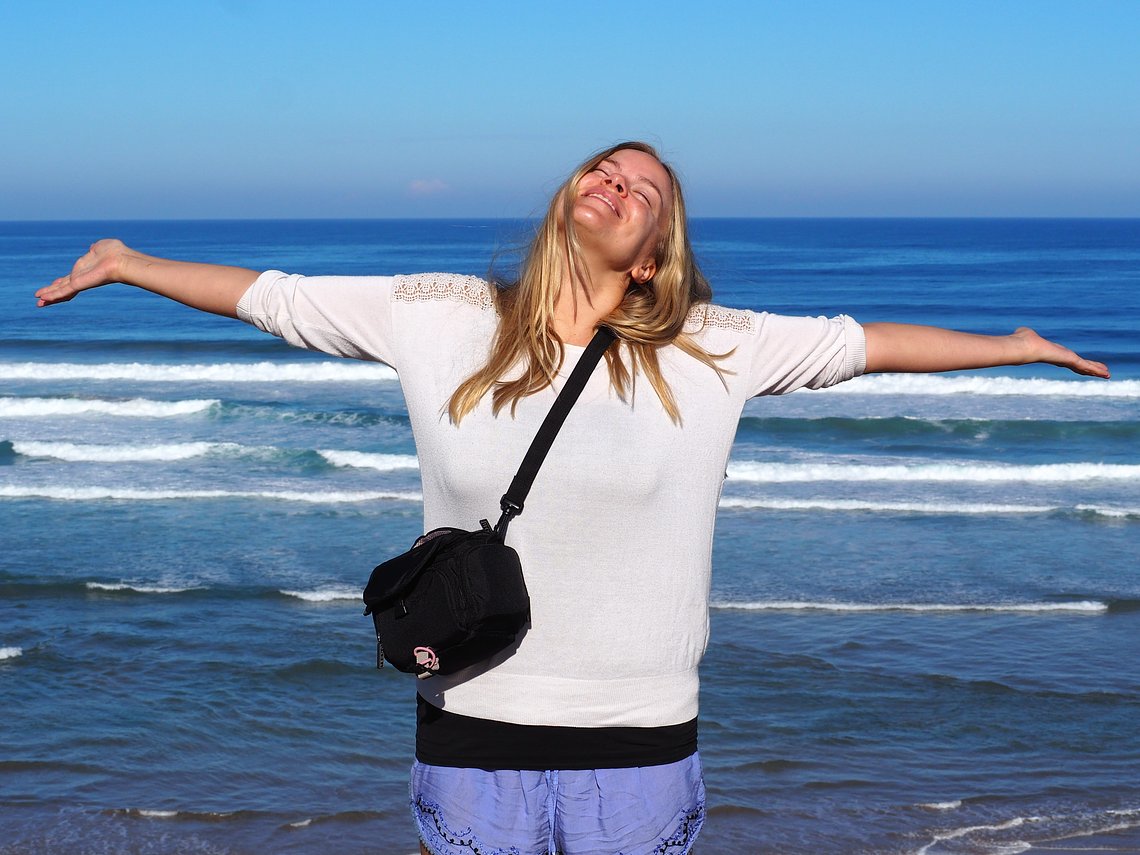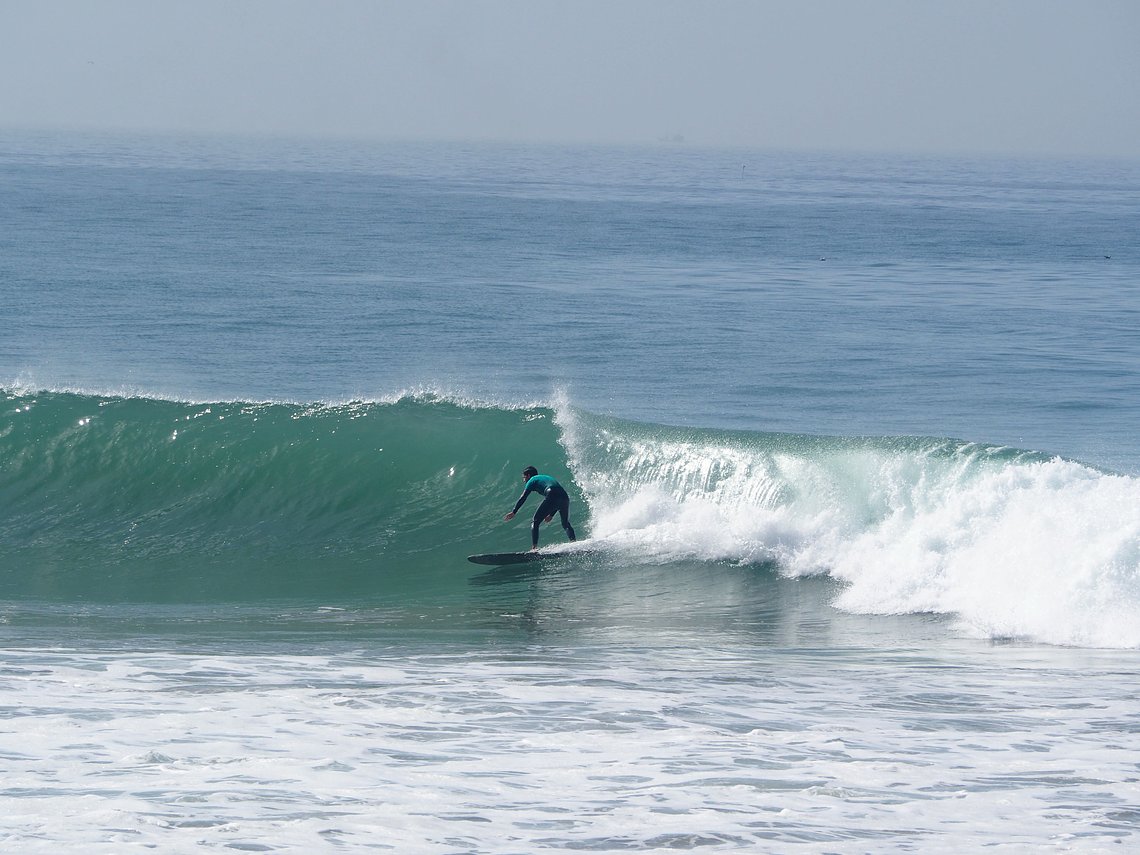An essential part of any recovery from trauma and depression involves the identification and development of positive resources. The Resurface programme offers those with any form of traumatic history (Post-traumatic stress disorder, Complex trauma, Developmental trauma) an opportunity to create and regenerate psychological tools and resources to take away with them, whatever their stage of recovery.
1. Surfing requires a singularity of focus that literally takes your mind off everything else going on in your life. Surfing forces you to focus on the task in hand and stay in the present.
2. The ocean has the cathartic ability to wash away negative emotions by putting them in a context of something much bigger and more powerful than someone’s individual life experience.
3. Learning to surf puts you in the flow channel where you get into “the pocket” or “in the zone”. When you’re in the zone, the stress or trauma of your daily life seems to dissolve.
4. The adrenaline rush of surfing can recreate the novelty that is often missing and get squelched by the ho-hum aspects of daily civilian life.
5. Lastly, the physical exertion from a day of surfing is exhausting and literally wipes you out so that you sleep better at night. Insomnia is one of the most insidious aspects of PTSD. Surfing is an excellent drug-free sleep aid.
"At that point, I was looking for a reason to stay on the planet. I really was wanting to be dead and was serious about killing myself. Surfing rejuvenated me and gave me new life. It gave me something to hope for, and then when it started having serious [positive] effects on my health, it started feeling spiritual to me. It seemed ridiculous at the time. It was nonsensical, but it worked."
- Steven Kotler, The Flow Research Collective
The therapeutic effects of surfing are becoming increasingly evident in psychological research. Recent studies have started to document how surfing can lead to improvements in post-traumatic stress disorder, anxiety and depression (ref. 1). There are various reasons why surfing might have such a positive impact on mental health. The most obvious being participating in physical activity, but other important factors include engaging in a group activity and experiencing flow states.
Flow is the optimal state of total absorption in the current task you are doing; be it running, surfing or playing an instrument. Everything else disappears and you are completely in the zone (ref. 2). Resurface therapy retreats are based on integrating flow through surfing into developing resilience, as well as encouraging interoception and engaging in experiential group therapy.
References:
Csikszentmihalyi, M. (1992). Flow:The psychology of happiness. London: Rider.

"Thank you for a putting on such a life changing retreat! I’d wanted to try surfing for years but never had the confidence to so do. The structure of the week really got me out of my comfort zone and allowed me to grow in a supportive environment. I met a great group of people, had lots of laughs and shed a few tears. The professional team were second to none, very inspiring. I would highly recommended the retreat to anyone considering it."


“Thanks for a great week – great in equal measure for me and my two teenaged children: The total physical absorption in the surfing is such a great complement to the brain (and soul) fodder of the positive psychology classroom. We all loved it.”


"It was a transformational week. I’ve never surfed before and the staff couldn’t have taken better care or made me feel more at ease. The group was supportive and I made many new friends. I’m so glad I made the decision to attend Resurface."
